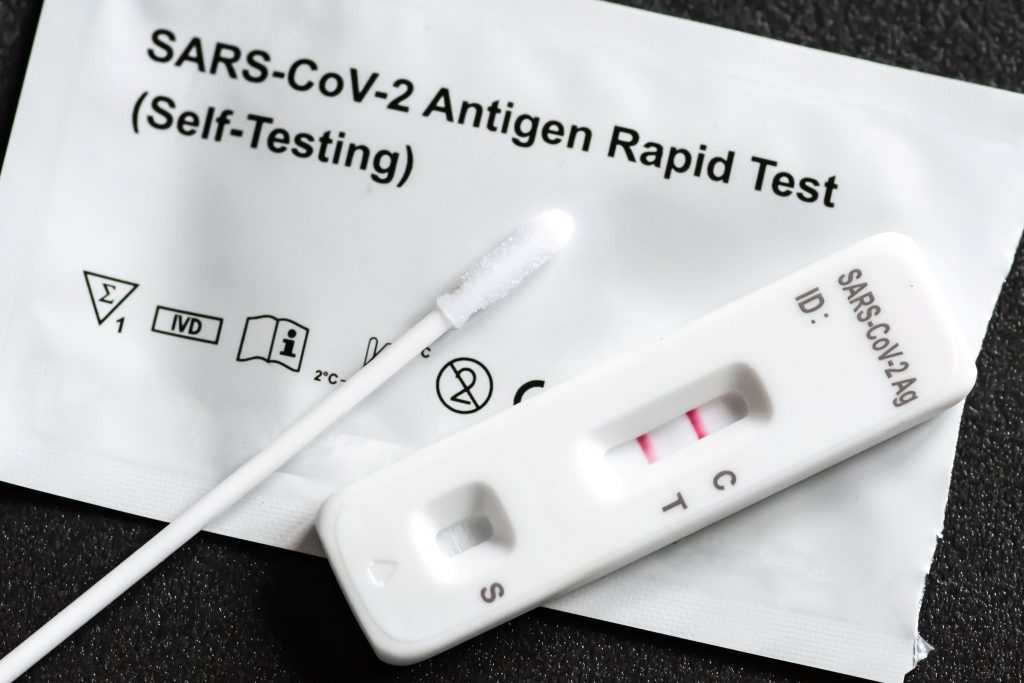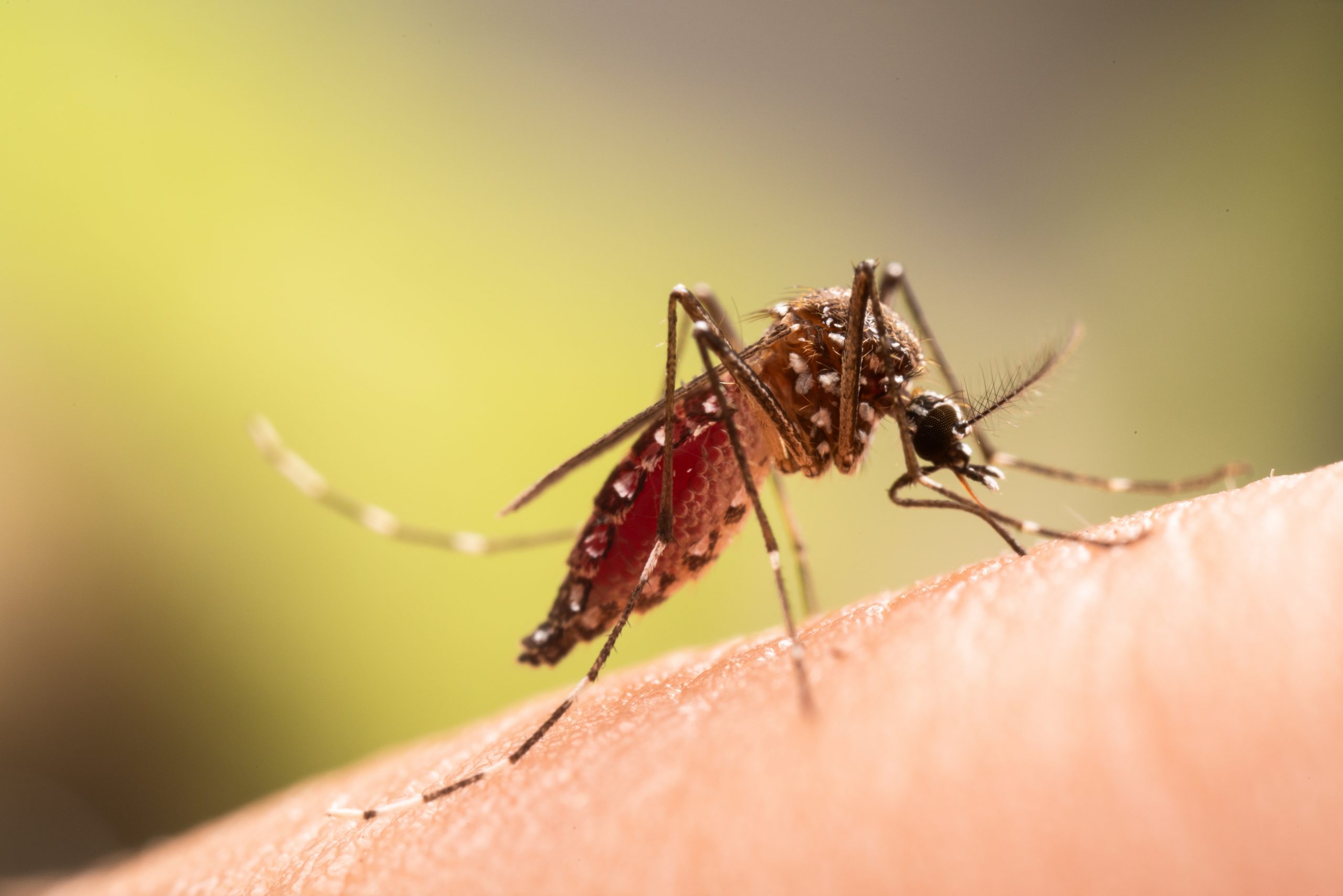Greece’s National Public Health Organization (EODY) notes states that 100 cases of West Nile virus have been recorded in Greece since June 21 and they expect the trend to continue.
An article at In.gr states that Greek health authorities remain on high alert and explained that of the 100 cases, 76 impacted the central nervous system (CNS) of patients.
The symptoms included encephalitis, meningitis, or acute flaccid paralysis.
Fortunately, 24 casese had mild symptoms or no impact on the CNS.
Unfortunately, 12 death have also been repoted in just two months, acording to EODY’s report on August 22, while also noted that 24 new caes were noted just the past week.
The virus is circulating intensely, with the number of recorded cases higher than in the previous five years.
Where and How Many Cases Have Been Reported
According to the latest EODY report, the West Nile virus has affected 20 regional units this year, the vast majority of which are in northern and central Greece.
Specifically, as of August 21, cases have been recorded and investigated in settlements within the regional units of: Larissa, Karditsa, Lefkada, Chalkidiki, Pella, Serres, Kilkis, Imathia, Achaia, Thesprotia, South Athens, Argolis, Rhodope, Drama, Evros, Xanthi, Fthiotida, and the Metropolitan Unit of Thessaloniki.
Recommendations
In an announcement on August 5, EODY emphasized that the circulation of the virus is particularly intense during the current 2024 transmission season, with the number of recorded cases higher than in the same period over the past five years.
As the areas where cases appear cannot be predicted with certainty, EODY recommends that personal protection measures against mosquitoes be strictly adhered to, especially in areas where cases have already occurred, and generally across the country:
- Use approved insect repellents for bodies and space (according to usage instructions), screens, mosquito nets, air conditioning/fans, and appropriate (long) clothing.
- Do not leave stagnant water anywhere.
- Elderly individuals and those with chronic underlying health conditions are advised to be particularly careful and consistent in taking personal protection measures against mosquito bites, as they are at higher risk of developing a more severe form of the disease.





